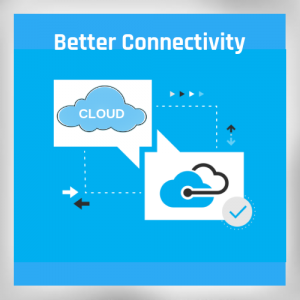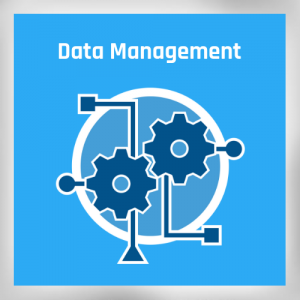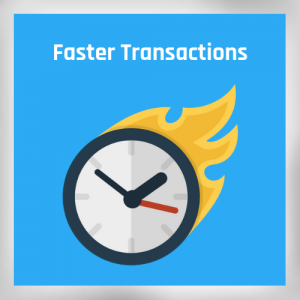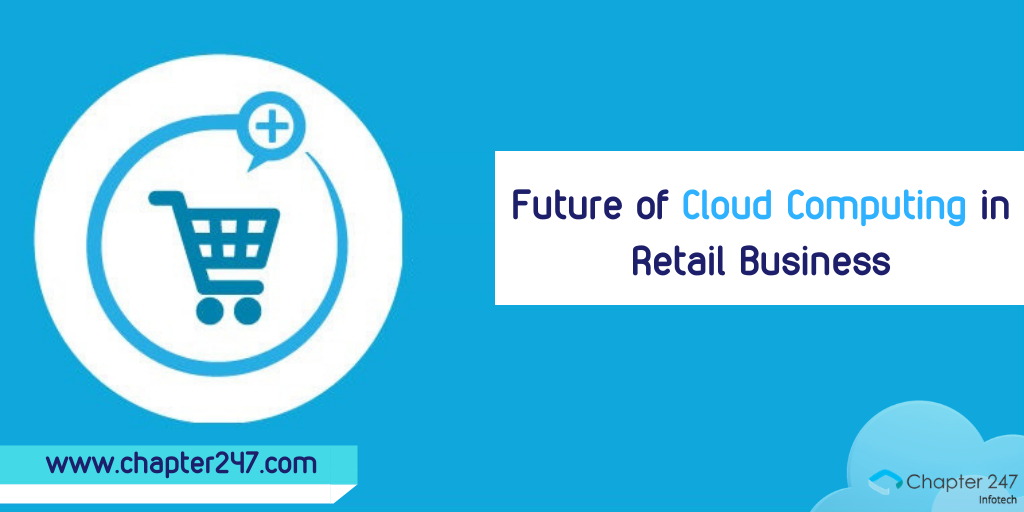In today’s world, the Retail industry is undergoing a revolutionary transition in shifting the balance of power from the hands of retailers to the customers themselves. Social media reviews, online research in processes and products, and seamless user experience across key touchpoints dictate the future of retail business in the digital age.
Utilizing the power of big data to analyse and predict customer behaviour and improve connectivity has become of primary importance. Increased requirement of tech-driven customer engagement has pushed major businesses to adapt to the public cloud as their primary driver for a digital overhaul.
Cloud computing consists of leveraging a network of server and other devices for managing, storing, and processing data online. These servers are remotely connected, transcending boundaries of geography, language, and technological infrastructure. Companies are increasingly using the cloud to reduce costs and simplify global infrastructure.
Here’s how cloud computing can help shape the future of retail businesses:
1. Reducing Costs

In-house infrastructure brings with it additional costs of hiring dedicated personnel to operate and maintain the infrastructure. Retail Cloud computing offers the benefits of low-cost, flexible infrastructure, with on-demand, usage-oriented support.
2. Provide better connectivity

Physical systems are prone to connectivity issues, but cloud infrastructure offers freedom from single-point-of-failure issues due to its remote infrastructure. The enhanced connectivity helps improve customer trust and improve customer engagement.
3. Enhance data management

Cloud computing has proven to assist businesses with data management by allowing multiple concurrent usages. Data management encompasses data availability, accessibility, and maintainability. All these factors have to be considered in any prospective SLA while also ensuring that data security is not compromised.
The distributed nature of the cloud also makes it harder for hackers to target a particular data center and compromise business operations.
4. Facilitate faster transactions

A significant change brought to the retail industry by cloud computing is the use of seamless concurrent payment transactions through cards, code readers, etc. This allows customers to conduct their operations without any hassle by leveraging the power of distributed networks.
5. Improve internal connectivity

Large enterprises require various departments to work in tandem to fulfil complex operational specifications. Cloud computing allows different modules and functions to work together in a secure way to keep all processes in sync. This helps optimize operational times and deliver services to customers as efficiently as possible.
6. Strengthen core technical feasibility
Most organizations operate legacy systems for their online retail processes. Retail Cloud computing offers the unique chance of migrating these systems to the cloud without the need for significant modifications and re-shape the modules as per business requirements.
The distributed nature of the cloud helps to channelize existing processes in a more streamlined manner and expedite processes for better results.
A Final Word
Most retail enterprises are unwilling to adopt cloud technology due to their unfamiliarity with the platform and their inability to understand how their businesses would be affected by cloud technology.
The way out of this problem lies in partnering with an experienced software development partner to enable cloud integration into the existing tech stack.
Chapter247 Infotech has a distinguished history of crafting custom software solutions to enable the digital transformation of business. The last 6 years has seen Chapter247 go from strength to strength and successfully deliver more than 800 projects across 15 countries in fields as varied as healthcare to finance.
Catering to clients out of both India and the US, Chapter247 has earned accolades from major clients like QIPOST and FedEx. Our comprehensive range of services include product engineering, mobility, and IT strategy and consulting to flag off your journey to the cloud.






